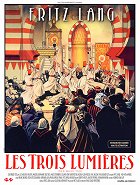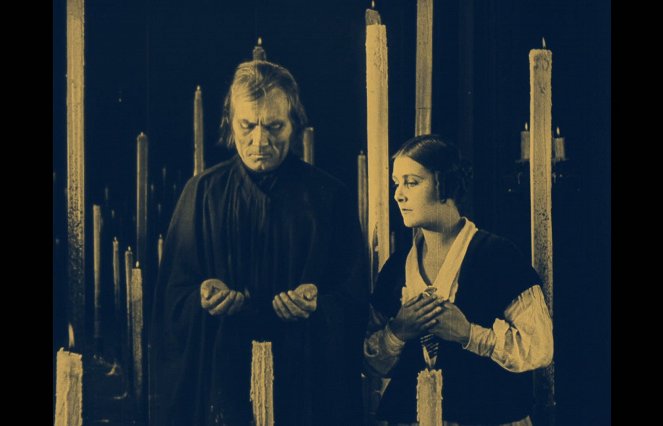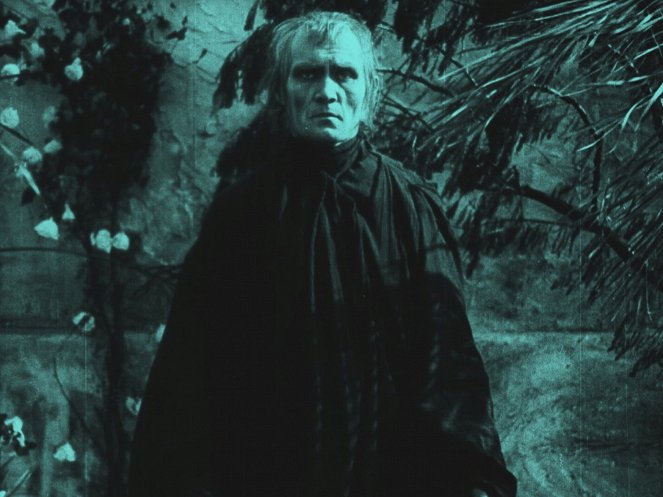Rendező:
Fritz LangZeneszerző:
Peter SchirmannSzereplők:
Lil Dagover, Walter Janssen, Bernhard Goetzke, Karl Platen, Lydia Potěchina, Grete Berger, Eduard von Winterstein, Rudolf Klein-Rogge, Louis Brody (több)Tartalmak(1)
A meghatározatlan múltban játszódó egyszerű történet címszereplője a fáradt Halál (ezt jelenti a film eredeti címe), aki elragadja egy szerelmespár férfi tagját, de kész egyezkedni a kedvese elvesztésébe belenyugodni képtelen lánnyal. Az első menetben három szerelmespárt kellene megmentenie - Velencében, a Távol-, illetve Közel-Keleten, a másodikban egy életet kellene felajánlania kedveséért cserébe. A helyszínek különbözőek, az emberi magatartások viszonylag egyformák, és minden félelmetes kaland a tiszta érzelem, a szerelem nagyszerűségét bizonyítja. Csak ez helyezhető szembe az ocsmány világgal és a hazug emberekkel és teszi "elviselhetővé" még a halált is... (Örökmozgó)
(több)Videók (1)
Recenziók (2)
4-in-1. Four stories differing in style and setting (or rather culture). An old German legend, an oriental adventure, an intrigue-packed Italian drama from the time of the Renaissance, and Chinese comedic fantasy (peculiar also due to the casting of non-Asians in the roles of Chinese). Each story is strongly rooted in the tragic romance of a young couple, but the glue that holds them together is not strong enough in the end. Three tales stand out from the film. Given the time when it was made and the level of cinematic “erudition” among viewers at that time, however, I have to marvel at the boldness of such a narrative experiment. In his use of montage, Lang does not achieve the mastery of Griffith, for example, but he superbly uses the space in front of the camera, the depth, breadth and height of the shots (vertical movement is unusually frequent, but understandable given the theme consisting in the intermingling of the worlds of the living and the dead). The characters run in all directions, thanks to which the picture seems very textured (unlike many theatrically flat films of the time). The stylistically cleaner Metropolis enchanted me more, but Destiny serves equally well as evidence of Lang’s genius (and megalomania). 80%
()
Between Two Worlds is a delightful affair. The mere fact that Lil Dagover and Walter Janssen are jointly identified as The Couple says it all. All of their past incarnations are not as important as the simple fact that they are one. One cannot exist without the other and therefore the journey to the kingdom of Death itself is the least of it. Bernhard Goetzke as Death is beautifully lethargic in the face of the unchanging need for love and considers various possibilities of salvation purely to diversify his existence. But in the very end, it turns out that Love is stronger than Death. All the typical features of Lang and von Harbou's collaboration are there, and the mission of higher thought and the fatal setting of the kingdom of Death is unrivalled in their performance.
()




Hirdetés